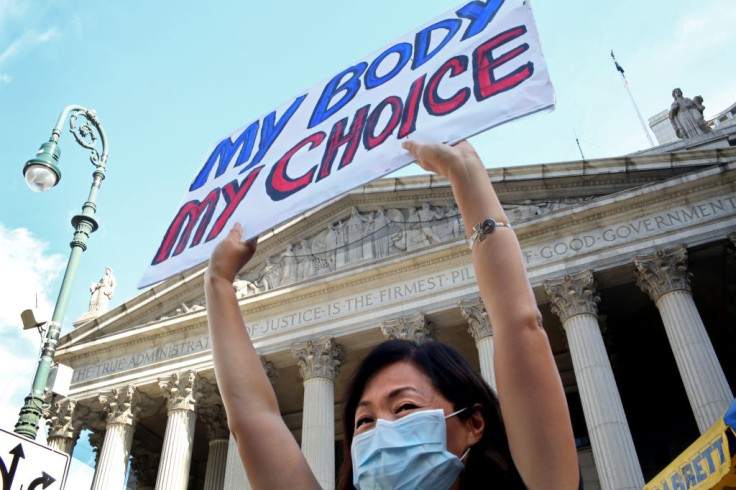
Starr County officials announced on Sunday, April 10, that they would change course and move to dismiss the case of Lizelle Herrera after charging her with murder over a self-induced abortion, according to a report by ABC13.
Herrera, a 26-year-old woman, living in Texas, grabbed the headlines after authorities announced she caused "the death of an individual by self-induced abortion" and that a murder charge would be filed against her.
Sheriff Major Carlos Delgado issued a statement regarding the charges filed, saying, "Herrera was arrested and served with an indictment on the charge of murder." Delgado said that she did then and there intentionally and knowingly cause the death of an individual by self-induced abortion.
Herrera spends days in jail after arrest due to self-induced abortion
She was arrested on Thursday, April 7, and remained jailed on Saturday, April 9. Herrera was held on a $500,000 bond in the Starr County jail in Rio Grande City, located on the U.S.-Mexico border.
Delgado did not reveal under what law Herrera has been charged in his statement. Delgado told reporters that no other information will be released regarding the matter until Monday, April 11, because Herrera's case remains under investigation.
University of Texas law professor Stephen Vladeck told the Associated Press that the law in Texas exempts Herrera from a criminal homicide charge for aborting her own pregnancy. Vladeck said that homicide does not apply to the murder of an unborn child if the conduct charged is committed by the unborn child's mother.
A state law introduced in 2021 that bans abortions in Texas for women as early as six weeks pregnant has greatly reduced the number of abortions done in the state. This law leaves enforcement to private citizens in Texas, who can sue doctors or anyone who helps a woman get an abortion.
Self-induced abortion still criminalized in some parts of the U.S.
The woman receiving the abortion, however, is exempted from the law. Vladeck said some states still have laws that criminalize self-induced abortions, with a handful of prosecutions happening here and there over the past years.
Vladeck added that it is considered murder in Texas when a person takes steps to terminate a fetus. However, it cannot be prosecuted when a medical provider does it because of rulings by the United States Supreme Court upholding abortion's constitutionality.
CBS News reported that another law in Texas prohibits clinics and doctors from prescribing abortion-inducing medications to patients after the seventh week of pregnancy. The law also prohibits the delivery of abortion pills by mail. Vladeck said that medication abortions are not considered self-induced under federal regulations by the Food and Drug Administration.
Vladeck said that a person could only receive the medication under medical supervision. He said this might sound weird because the person is taking the pill herself, but it is considered under a providers' at least theoretical care.